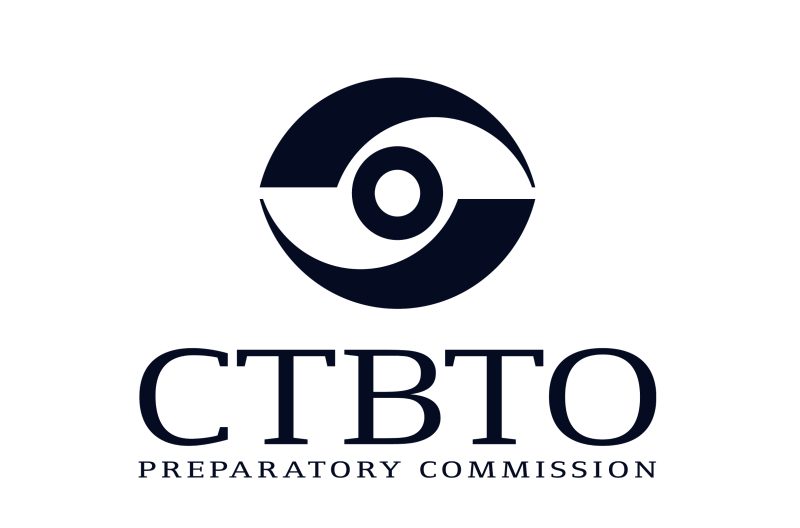On November 2nd, Russian president Vladimir Putin revoked the ratification of the Comprehensive Nuclear-Test Ban Treaty (C.T.B.T.), which had been in place for more than 25 years. The C.T.B.T. was established in the post-Cold War era to bolster trends of disarmament; a movement jointly led by the U.S. and the former Soviet Union. All forms of nuclear explosions are banned under the treaty, regardless of their intended purpose – military or peacekeeping.
Putin’s decision, which had been in the works since early October, has led to international backlash, but Russian officials argue that the decision to revoke participation in the C.T.B.T. was informed by a desire to be on the same level as the U.S.; while President Clinton signed the treaty, the U.S. Congress never formally ratified it. Deputy Foreign Minister Sergei Ryabkov said in October that Moscow “would continue to respect the ban and would resume nuclear tests only if the U.S. does so.”
The U.S., for its part, fears Russia’s revocation of the C.T.B.T. is a scare tactic designed to stop the flow of U.S. aid to Ukraine.
Regardless of the intent, this is an antagonistic maneuver which has instilled fear throughout the world. The aftermath of Russia’s revocation of C.T.B.T. leaves only the New START treaty as the last nuclear weapons deal between Russia and the U.S. While New START, which was enacted in February 2011 and will remain valid through February 2026, places limits on all of Russia’s deployed inter-continental nuclear weapons in order to enhance U.S. security, the peace of mind it offers the U.S. is not extended worldwide. Without the C.T.B.T., Russia is currently not beholden to any globally-focused nuclear arms ban treaty, thus placing the rest of the world at risk.
U.N. Secretary-General António Guterres expressed his regret that Russia has decided to revoke the ratification C.T.B.T., highlighting its necessity for international peace and security. The Secretary-General also called on the five states recognized as nuclear weapon states – China, Russia, France, the United Kingdom, and the United States – to affirm their commitment to the C.T.B.T. It is necessary that correspondents from influential institutions, like the U.N., continue to condemn this act to thwart any further effort to defy the treaty.
Relations between the U.S. and Russia have been tenuous at best since the end of World War II. Positive strides were made between the two countries between 1981 and 1991, culminating in two nuclear weapons treaties which stabilized U.S.-Russian relations. The C.T.B.T., one of these treaties and a hallmark of the post-Cold War era, provided an unprecedented boost in international cohesion while promoting peace. A move like this from a major international player threatens to unravel this peace initiative and incite conflict.
Reuters reports relations between the U.S. and Russia are the lowest since the Cuban Missile Crisis. The root of this most recent conflict is based in the Russo-Ukrainian War, which officially began in 2014 and has garnered support for both sides throughout the world. The United States has adamantly supported Ukrainian efforts for sovereignty, citing the country’s potential candidacy for N.A.T.O. alignment. Russia, however, views N.A.T.O. expansion as a threat to its own national security. Thus, many of the positive relations formed between Russia and the U.S. in the late 90s-early 2000s have deteriorated as old tensions re-ignite.
Russia revoking its participation in the C.T.B.T. is the first step in rendering the deal obsolete. The treaty has many issues – it does not restrict the use of nuclear weapons for the original five nuclear states, and, furthermore, does not allow for the declaration of new nuclear states. However, its symbolism made a massive statement for peace on behalf of the most powerful actors in the world. International peacekeeping organizations must work to maintain the C.T.B.T. in order to ensure stabilized international relations.
- Putin Revokes Russian Ratification Of Global Nuclear Test Ban Treaty - December 10, 2023
- Second Round Of Talks Proves Possibility Of Peace Between Ethiopia And O.L.A. - November 19, 2023


